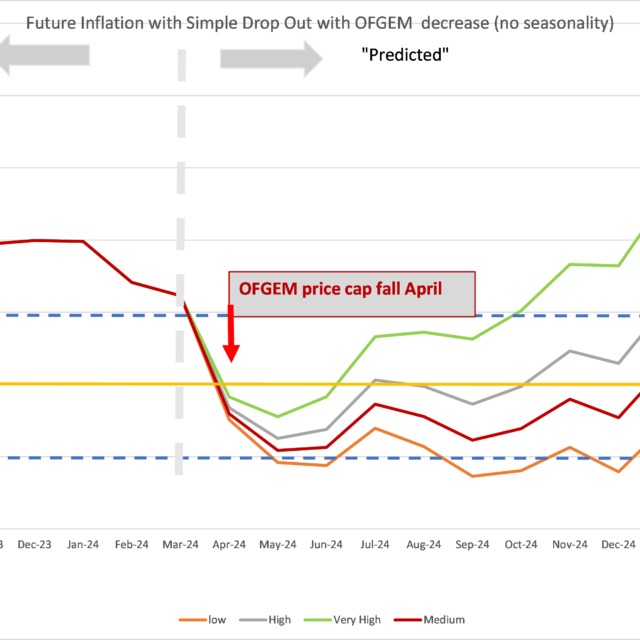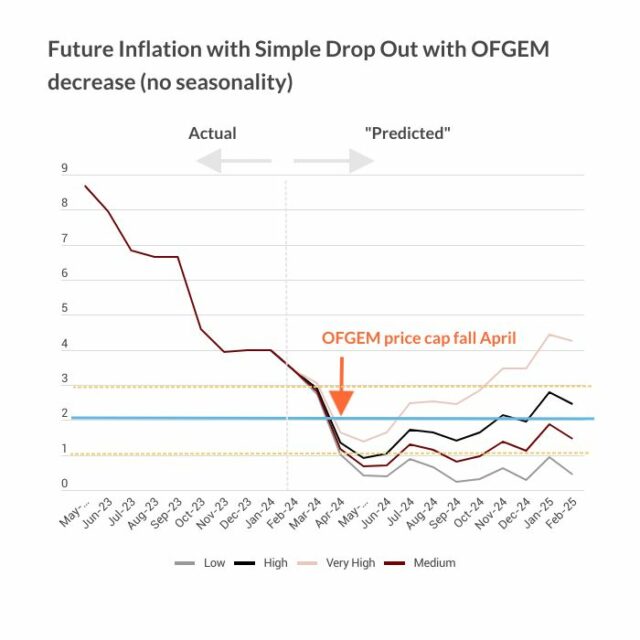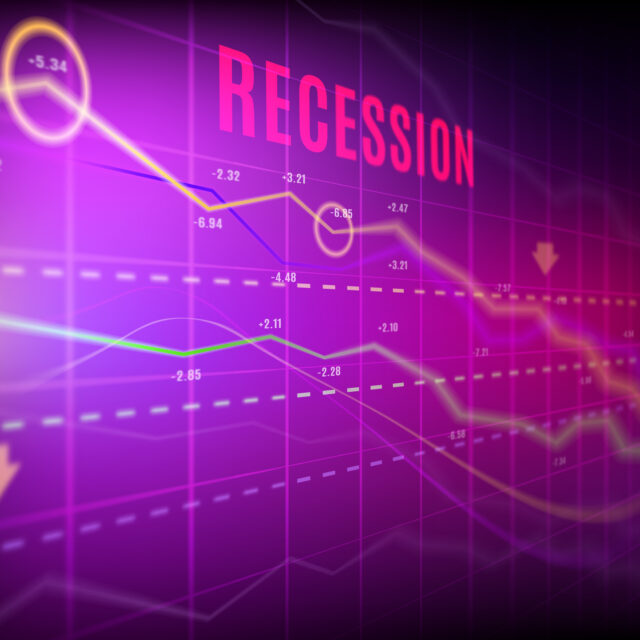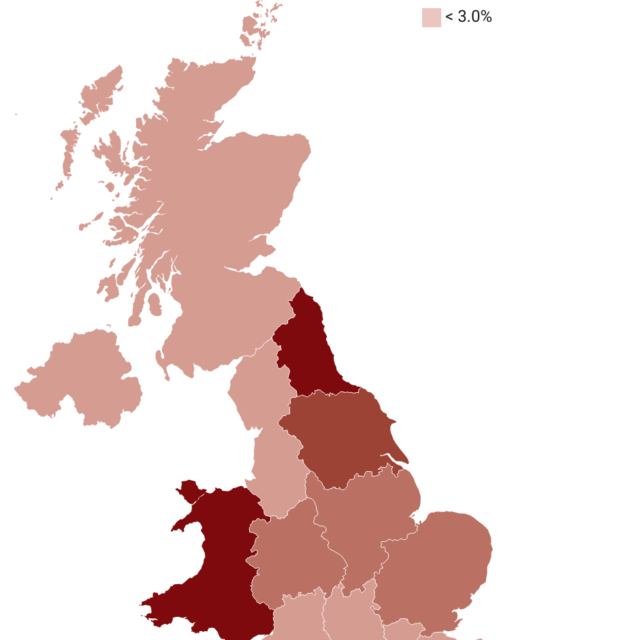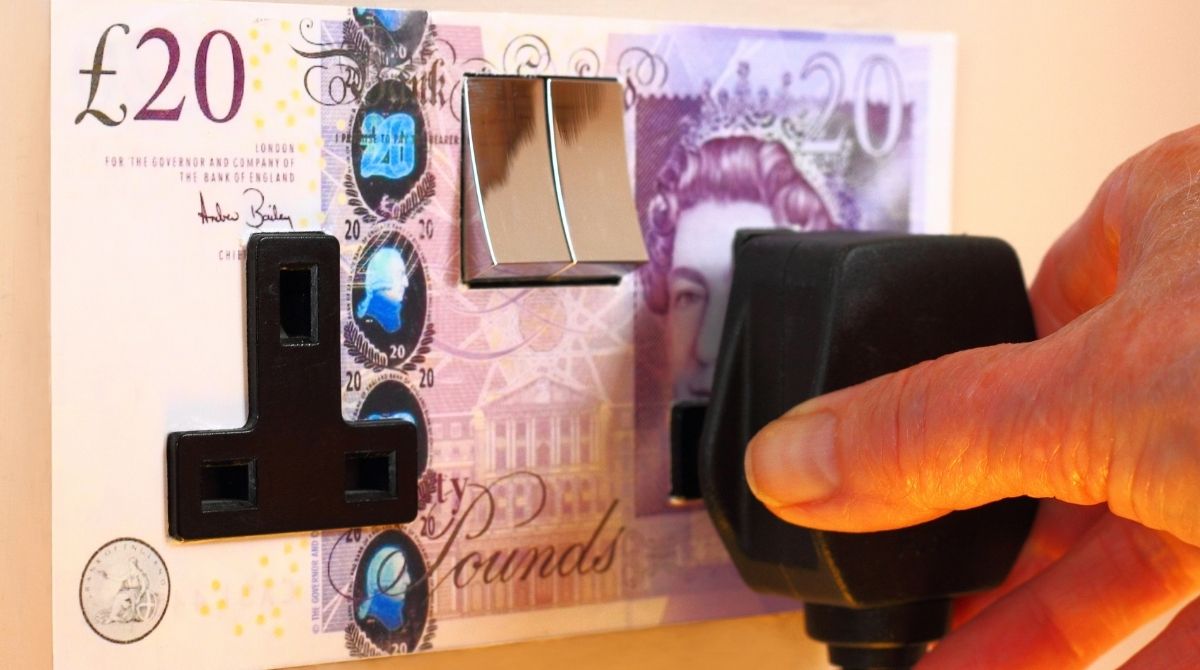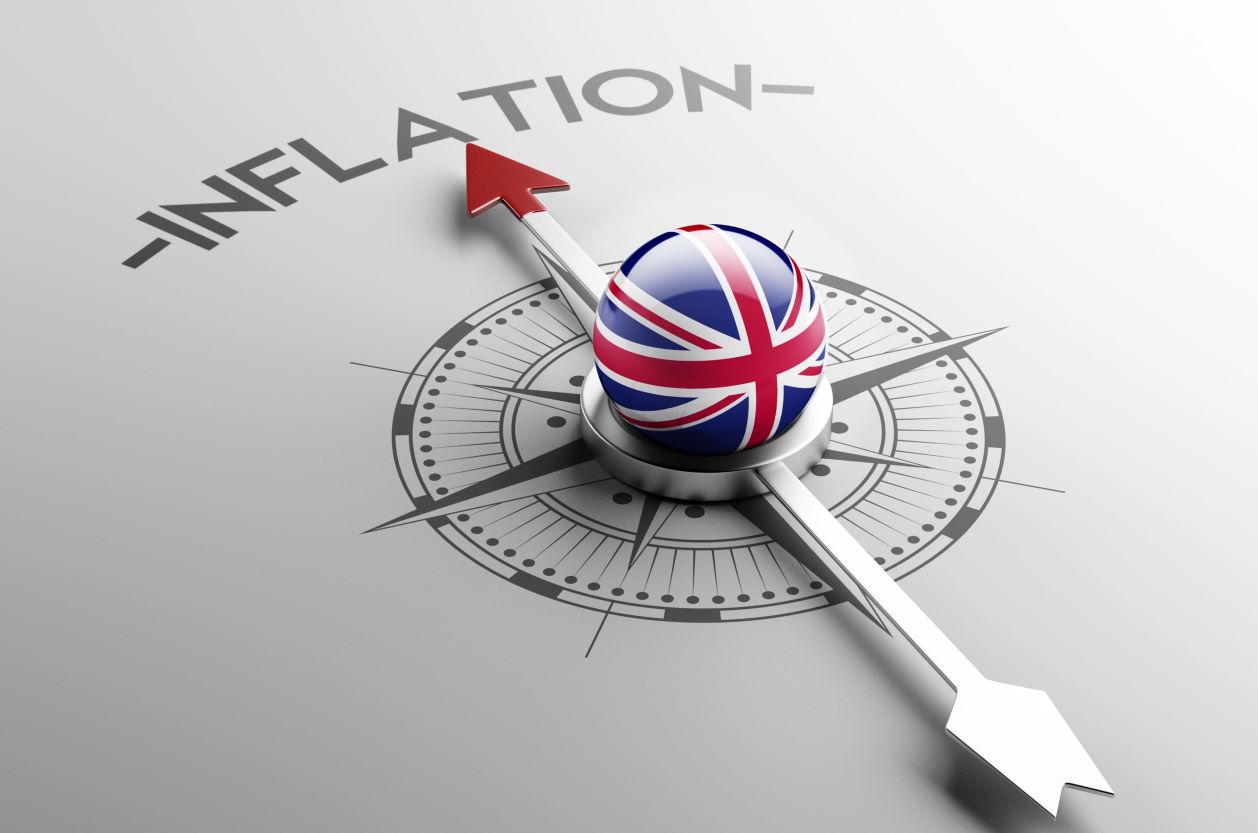No respite for UK consumers and the Bank of England as inflation hits 7 per cent
 Pub. Date
Pub. Date
13 April, 2022
 Pub. Type
Pub. Type
Main points
- Headline consumer price inflation increased to 7.0 per cent in March 2022 from 6.2 in February. Our measure of underlying inflation which excludes 5 per cent of the highest and lowest price changes, increased to 5.6 per cent in March from 5.1 per cent in February.
- Between February and March, the transport and restaurants and hotels sectors contributed almost 0.5 percentage points to the headline figure.
- In March, 25.7 per cent of goods and services prices changed, with approximately 15,000 items recording price rises, while 3.8 per cent of prices were reduced due to sales and 4.2 per cent fell for other reasons.
- Underlying inflation increased in all 12 UK regions in March. Yet again, London’s underlying annual inflation rate remained the highest at 6.4 per cent, compared to Wales which had the lowest rate again at 4.9 per cent in March.
- The Russia-Ukraine war continues to impact price inflation. NIESR’s forecast for inflation paints a dire picture for consumers, as declining real wages and increased payroll taxes erode household finances.
- There is no respite for consumers, and the Bank of England especially, as inflation is forecast to average 7 per cent this year and will likely remain above target until 2024. We expect the Monetary Policy Committee will continue to raise interest rates through 2022, which could further dampen consumer confidence.
“Annual headline CPI inflation increased to 7.0 per cent in March from 6.2 per cent in February. Our measure of underlying inflation, which excludes extreme price movements, increased to 5.6 per cent in March from 5.1 per cent in February. NIESR forecasts annual consumer price inflation will peak in 2022 Q3 above 8 per cent as the direct impact of the war in Ukraine, as well as second-round effects, feeds through to consumer prices. The Bank of England’s dilemma is becoming increasingly difficult as more frequent rate hikes risk tipping the UK into a recession whilst a more gradual approach could cause macroeconomic instability.”
Urvish Patel
Associate Economist, Macroeconomic Modelling and Forecasting

